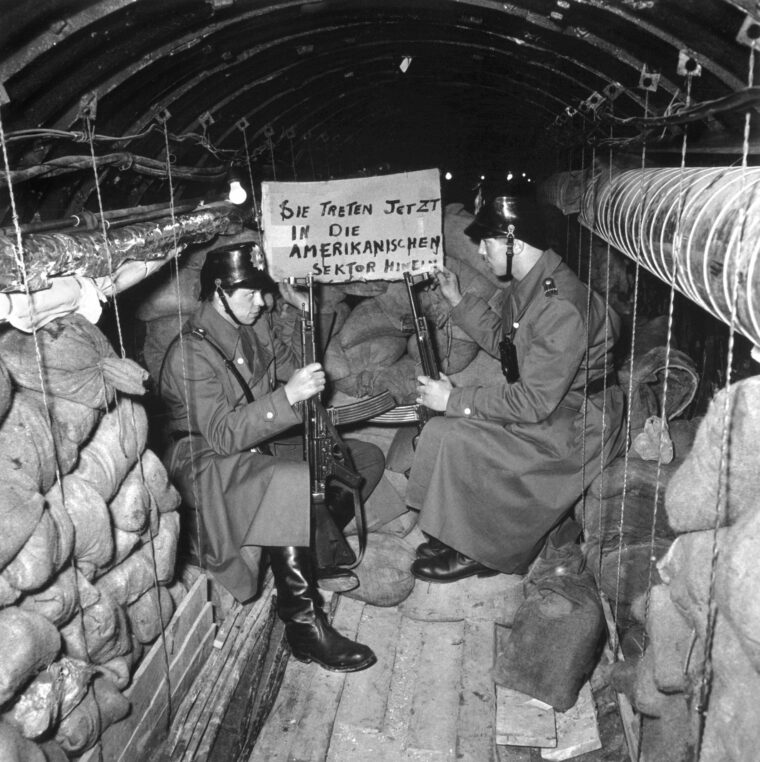
espionage
Operation Gold: The CIA’s Berlin Tunnel
By Peter KrossNo sooner had the last shot of World War II been fired than a new, different kind of conflict began. Read more

espionage
No sooner had the last shot of World War II been fired than a new, different kind of conflict began. Read more
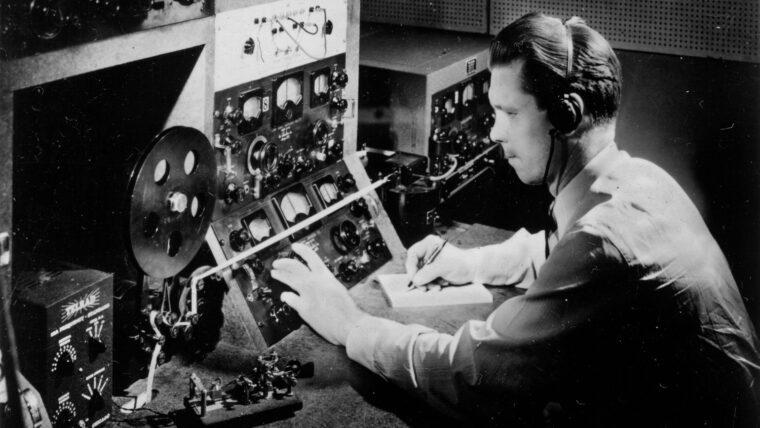
espionage
George Sterling received a teletype message from the War Department just after 5:15 am on August 15, 1945. Read more
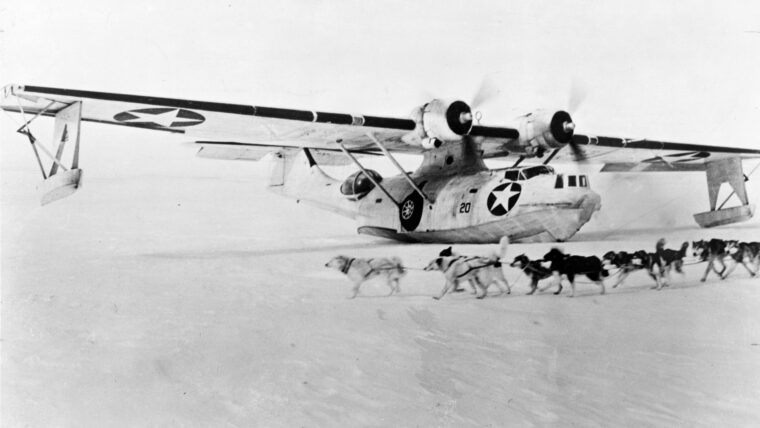
espionage
The Bug was in deep trouble. On a top-secret flight over occupied Norway, this ancient, war-weary C-47 Skytrain transport aircraft became the helpless target of German antiaircraft guns, all firing desperately to bring down the transport and its precious cargo. Read more
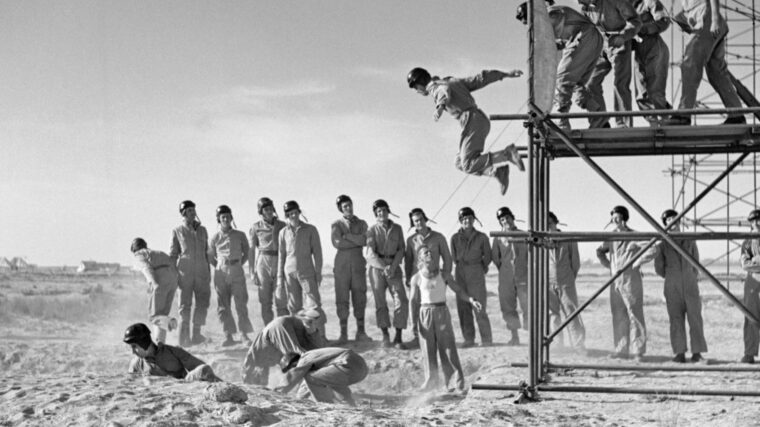
espionage
After the British Expeditionary Force’s (BEF) debacle at Dunkirk in northern France in May 1940, the new prime minister, Winston Churchill, needed a novel type of fighting force to strike back at Nazi Europe. Read more
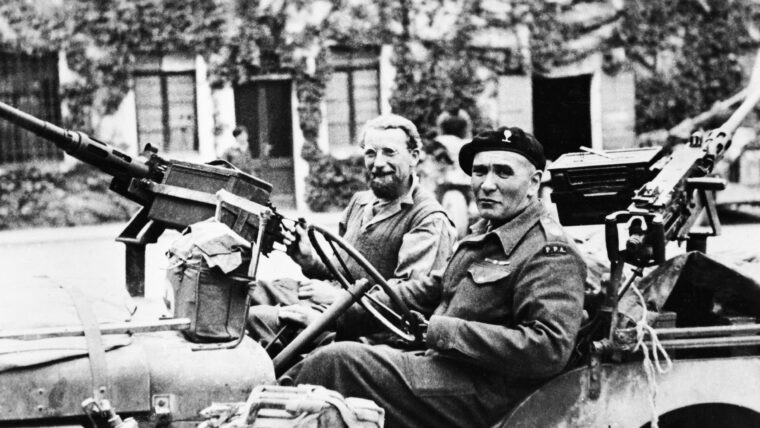
espionage
In September 1942, two patrols of armed jeeps and trucks of the Long Range Desert Group (LRDG) raided the German airfield at Barce. Read more
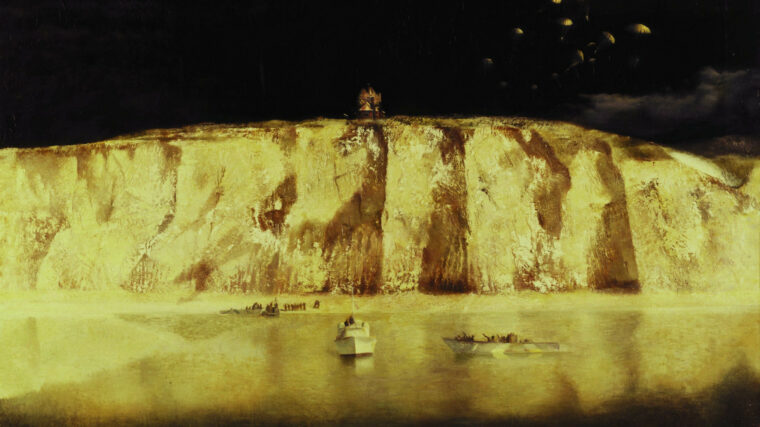
espionage
The parachute of aptly named Major J.D. Frost cracked open in the freezing air high above the French Channel coast at 12:45 am, and he commenced drifting down through the moonlit gloom. Read more
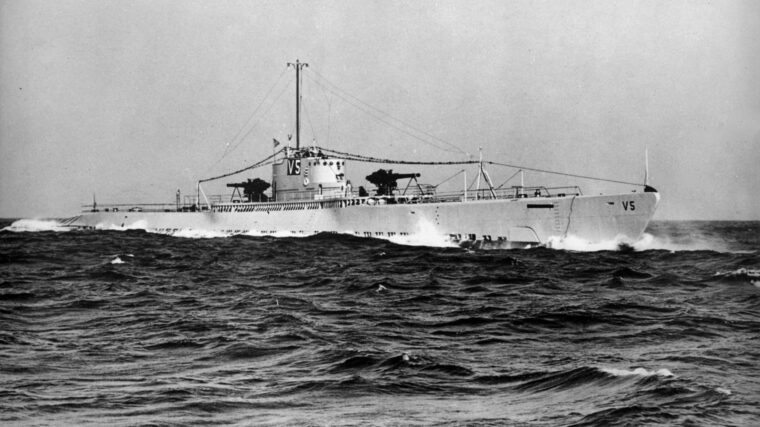
espionage
Sunsets over Manila Bay are nothing less than spectacular. Once the sun dips below the horizon there is a lingering illumination known as “blue hour” as the sky gradually shifts from pale azure to deep indigo before fading completely into the black tropical night. Read more
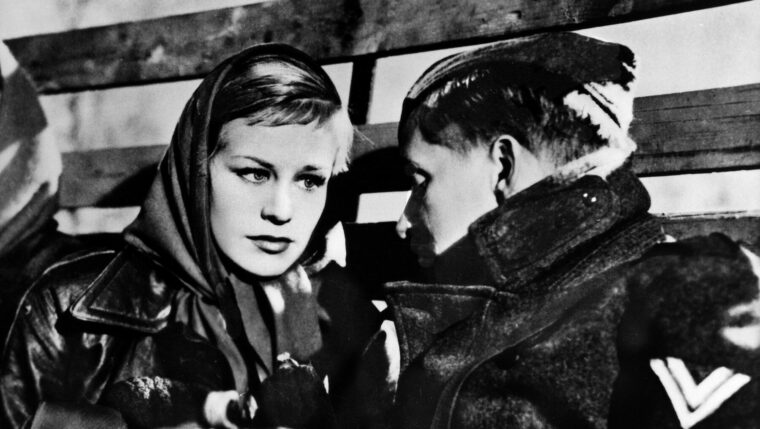
espionage
By the autumn of 1944, most of Nazi-occupied Europe had been liberated by Allied forces. The conquering armies now faced the invasion of the German homeland. Read more
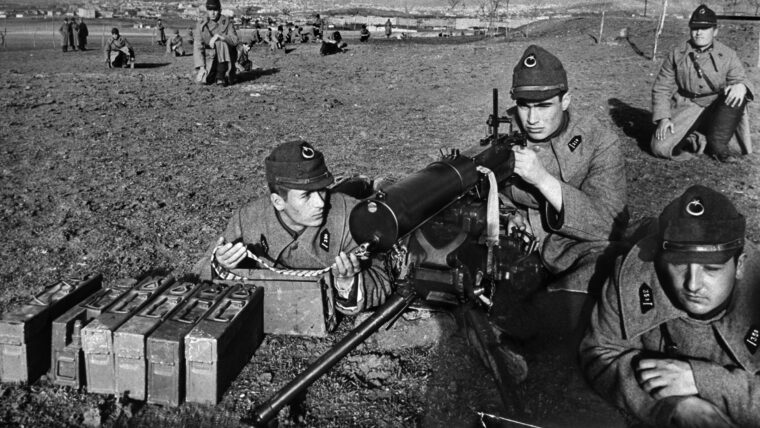
espionage
Maybe the Turks were just bad at picking the winning side. In World War I the Central Powers were defeated by the Allies, so in October 1939 they switched to ally with Britain and France. Read more
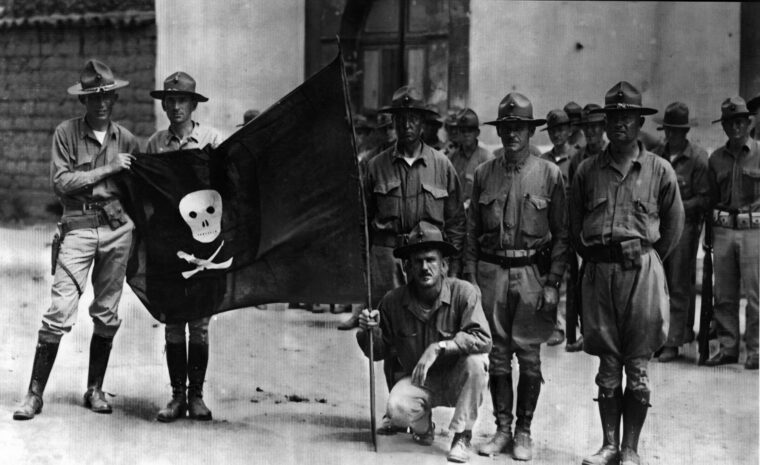
espionage
Since the 19th century, Nicaragua has been of key strategic interest to the U.S. government. Revolution regularly rocked the Central American country. Read more
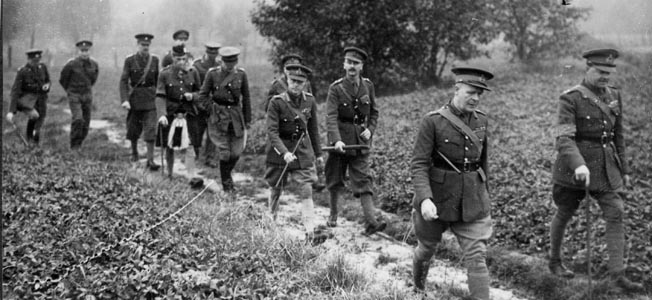
espionage
It was around noon, June 19, 1940, when a small caravan of cars set out from Antibes in southern France en route to the Spanish border. Read more
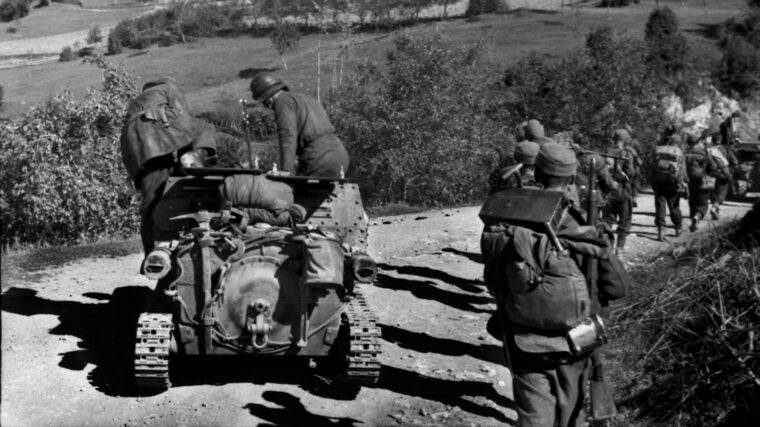
espionage
On the morning of April 7, 1939, Albania, the smallest of the Balkan countries, was invaded by Benito Mussolini’s Italian Fascist Army. Read more
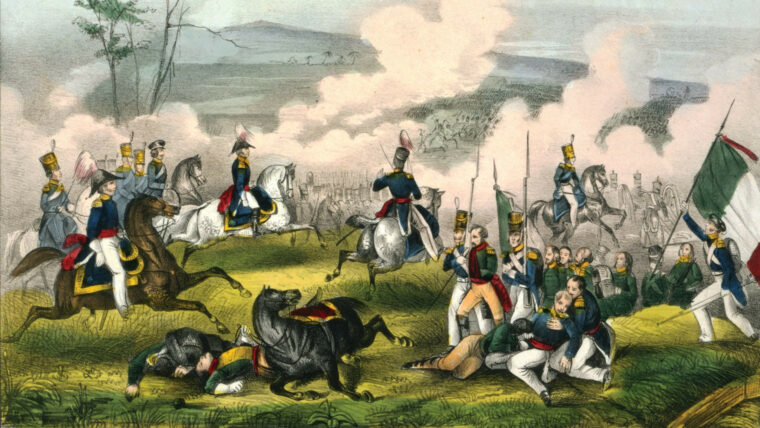
espionage
The use of individuals unaffiliated with any intelligence organization is commonplace in the annals of espionage. Governments often use people who have certain skills or expertise to establish contact with other individuals who are believed to have influence with the nation they represent. Read more

espionage
On the night of November 20, 1983, Armageddon went prime time. Over 100 million Americans tuned in to the ABC television network to watch the two-hour drama The Day After. Read more
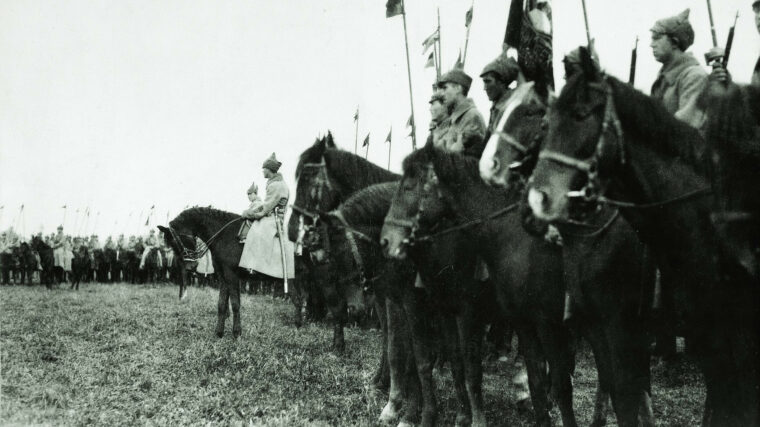
espionage
The Russo-Polish War of 1919-1920 was the most portentous event facing post-Versailles Europe. It was not just the continuation of a centuries-long contest between Russia and Poland to determine which would dominate eastern Europe, but a struggle involving a new ideology—communism—which the Bolshevik regime in Moscow had to spread throughout the Continent to survive. Read more
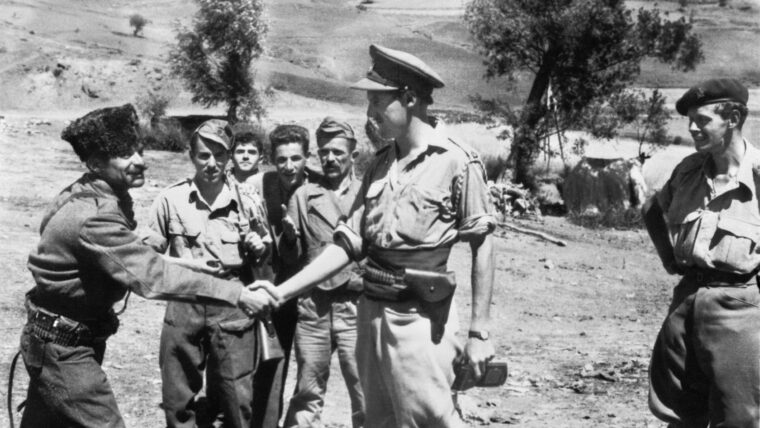
espionage
When British Prime Minister Winston Churchill created the Special Operations Executive (SOE) to organize guerrilla resistance against the Nazis, he famously ordered it to set Europe on fire. Read more
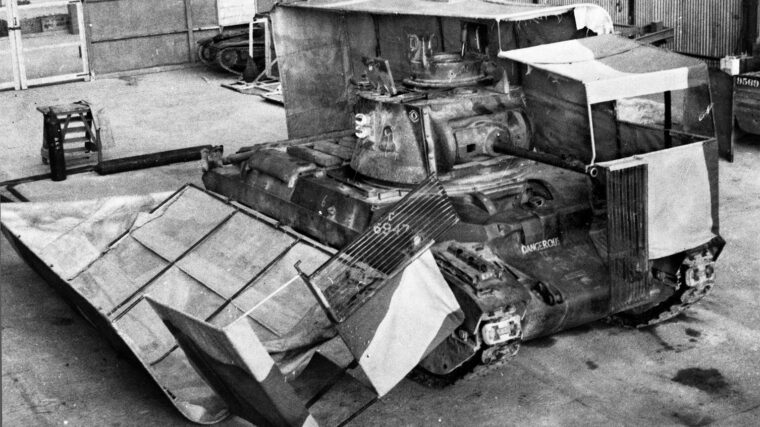
espionage
In July 1939, Archibald Wavell was named General Officer Commanding-in-Chief (GOC-in-C) of Middle East Command with the rank of full general in the British Army. Read more
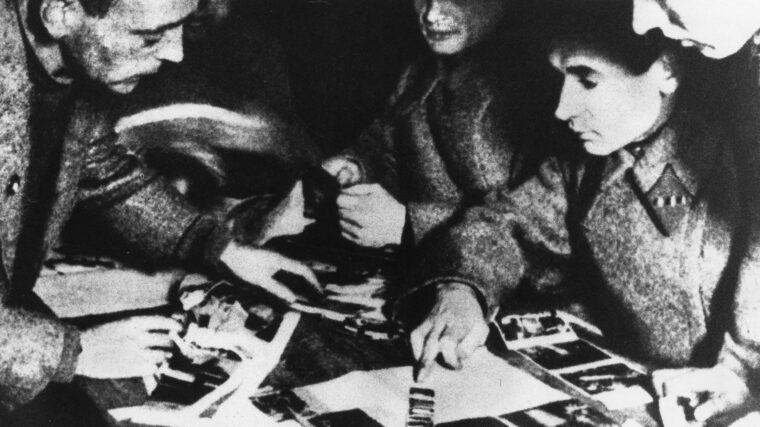
espionage
Promoted to full colonel in the German Army and an award of the prestigious Knight’s Cross were significant accomplishments, even in the waning days of World War II. Read more
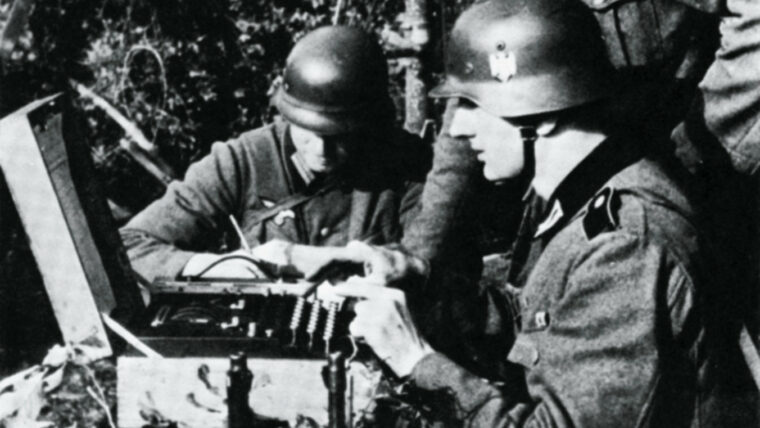
espionage
In the modern era, the majority of those accused of spying have done so for monetary purposes—the quick acquisition of wealth as opposed to ideological or philosophical reasons. Read more
espionage
When Pearl Witherington Cornioley died quietly in 2008 at the age of 93 in a retirement home in the Loire Valley of France, some who thought they knew her well may have been surprised to learn that she had risked her life during World War II as an agent for the British Special Operations Executive (SOE). Read more